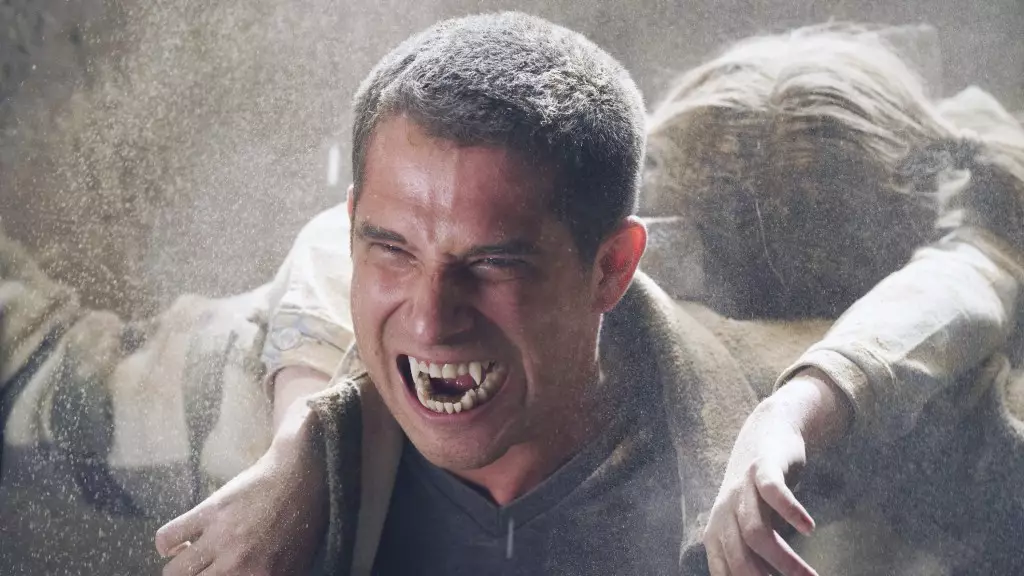Tyler Posey’s recent revelations about his ambitions to revive the Teen Wolf franchise highlight a rare combination of dedication, creative foresight, and an understanding of the nostalgic pulse that keeps audiences invested. Unlike passive actors content with their past roles, Posey’s proactive stance signals a desire to not only reconnect with a beloved franchise but to transform it into a contemporary phenomenon once again. His willingness to pen new scripts and take the helm demonstrates a visionary approach to franchise revitalization—one rooted in genuine passion rather than mere commercial interests.
This proactive attitude exemplifies how actors can influence their projects beyond their standard performances. Posey’s decision to write a sequel and sketch out a third indicates a clear recognition of the franchise’s potential to evolve. It’s a bold move that challenges the traditional Hollywood cycle of rebooting or rebooting again without heartfelt involvement, emphasizing instead a more invested and authentic approach. This could serve as a blueprint for other revivals seeking to re-engage their audiences with fresh energy and innovative storytelling.
Fan-Centric Revitalization and Creative Ownership
One of Posey’s most compelling points revolves around his deep understanding of the fan base. He openly acknowledges that fans have supported the series through multiple phases and that their enthusiasm is integral to any meaningful continuation. His assertion that he aims to “deliver what fans want” underscores a shift in franchise management—placing audience engagement at the forefront rather than solely aiming for commercial success.
Moreover, Posey’s desire to lead the project signifies a move toward creative ownership that can invigorate the narrative. Instead of relying solely on seasoned writers or studio executives, his personal investment in scripting and conceptualizing the sequel may offer a fresh perspective that aligns with contemporary tastes while respecting the franchise’s roots. Such a passionate approach could infuse the series with vitality, balancing nostalgia with innovation in a way that appeals to both old and new fans.
Challenges and Opportunities in Franchise Reinvention
While Posey’s enthusiasm is inspiring, the journey toward franchise rebirth is strewn with obstacles. The fact that the 2023 movie, written by original creator Jeff Davis, was only a partial step indicates an uncertain trajectory for the series. Posey’s script, although “really cool” and conceptually strong, still requires rewrites—highlighting the work ahead before fans see the fruits of this ambition.
However, the potential is undeniable. If this new chapter can seamlessly blend modern storytelling with the franchise’s signature themes—supernatural elements, moral dilemmas, and character growth—Teen Wolf could transcend its previous limitations. The gamble lies in transforming a nostalgic past into an innovative future, and Posey’s investment demonstrates that the stakes are high enough to warrant a bold experiment.
His vision for a TV series or a new film series has the potential to re-establish Teen Wolf as a formidable cultural presence, especially if it captures the emotional depth and excitement that made it a standout series. If executed with passion and authenticity, Posey’s initiative could redefine how franchises are revitalized—placing genuine creative commitment at the core of their resurgence.

